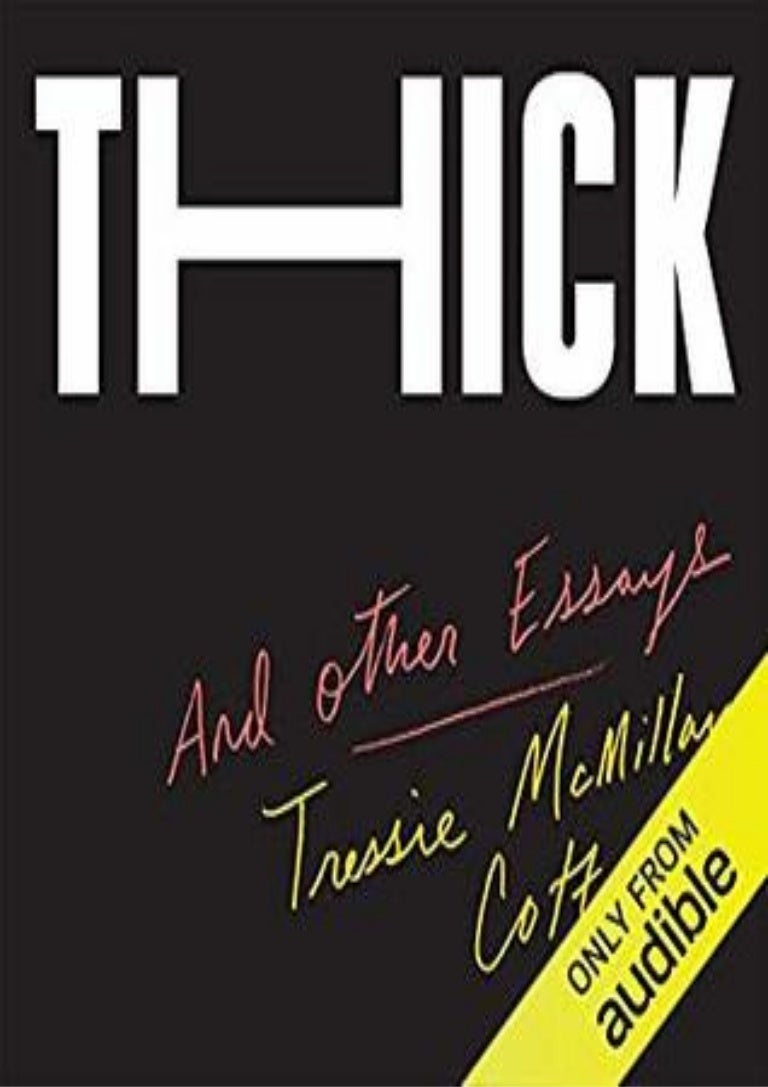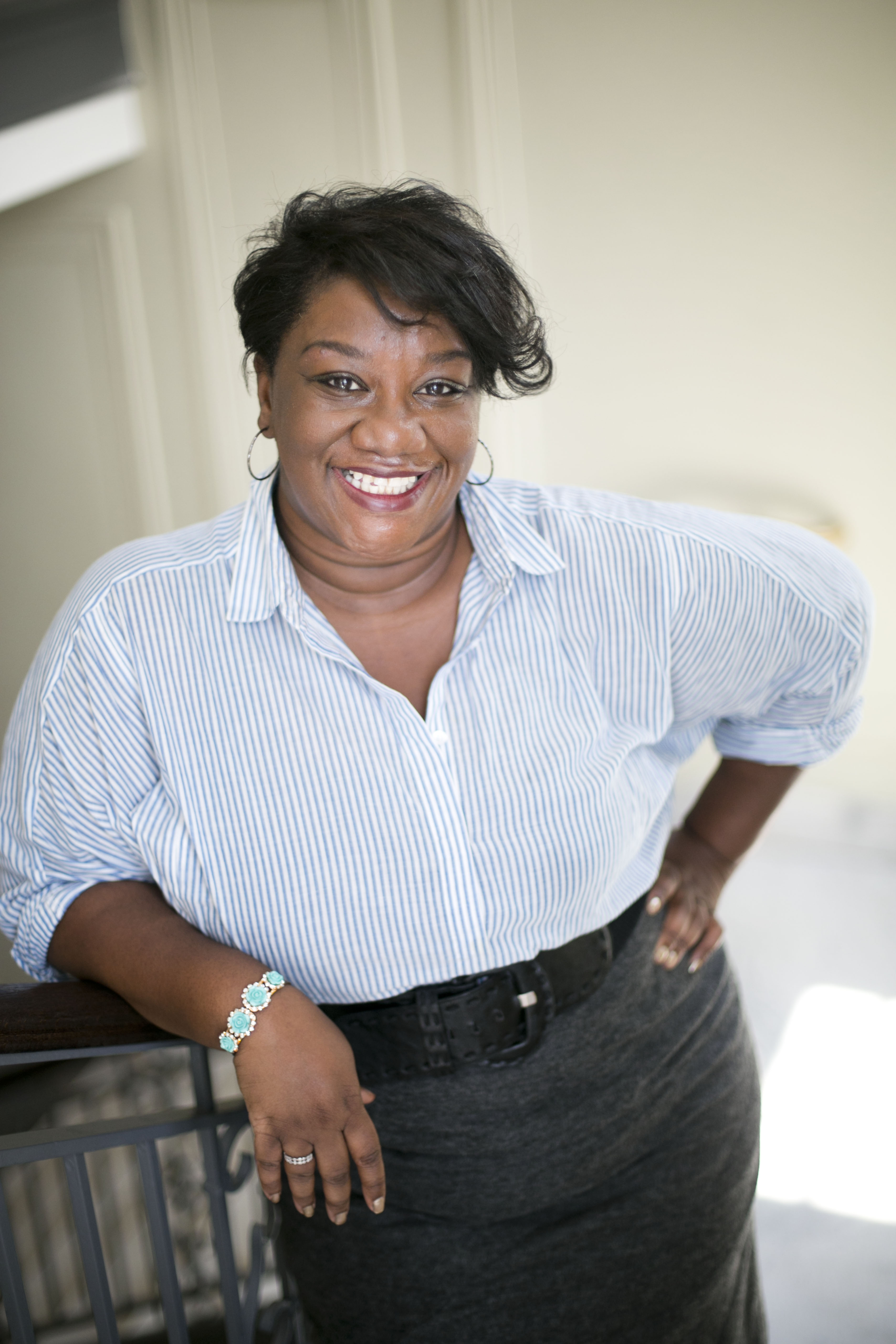


However, we valued thinking and education and independent thought and rationality in my home. I would not have had the language when I was growing up to consider myself a critical thinker, not with the weight I ascribe to “critical thinking” now. Your ability to articulate “ intersectionality” is admirable, growing up would you have considered yourself to be a critical thinker, or was this developed over time? It is important to talk about both sides of that dynamic.Ģ. To take up space, for some people that is a very radical thing.Īt the same time, it would be really radical for some people who have inherited space that they have not earned to cede space to others would also be very political. We grant space based on what a person has inherited or how much money a person has to spend or how much the person conforms to our idea of who should be in charge of the world. We do not allocate space to people based on their gifts or their talents or their humanity.

And we make these systems in this unequal way. There are a lot of structures, norms, behaviors, and people who coordinate belief systems that require some people to make themselves smaller to the benefit of other people having space to become larger. What does it mean to you to be “unapologetically ‘thick’”? She turns her chosen form into a showcase for her critical dexterity, investigating everything from Saturday Night Live, LinkedIn, and BBQ Becky to sexual violence, infant mortality, and Trump rallies.Ĭollected in an indispensable volume that speaks to the everywoman and the erudite alike, these unforgettable essays never fail to be “painfully honest and gloriously affirming” and hold “a mirror to your soul and to that of America” (Dorothy Roberts).1.

This “transgressive, provocative, and brilliant” (Roxane Gay) collection cements McMillan Cottom’s position as a public thinker capable of shedding new light on what the “personal essay” can do. Thick “transforms narrative moments into analyses of whiteness, black misogyny, and status-signaling as means of survival for black women” ( Los Angeles Review of Books) with “writing that is as deft as it is amusing” (Darnell L. In eight highly praised treatises on beauty, media, money, and more, Tressie McMillan Cottom-award-winning professor and acclaimed author of Lower Ed-is unapologetically “thick”: deemed “thick where I should have been thin, more where I should have been less,” McMillan Cottom refuses to shy away from blending the personal with the political, from bringing her full self and voice to the fore of her analytical work.


 0 kommentar(er)
0 kommentar(er)
